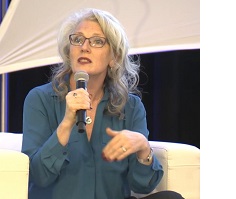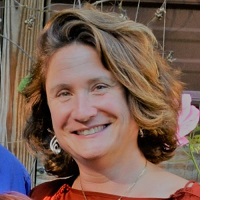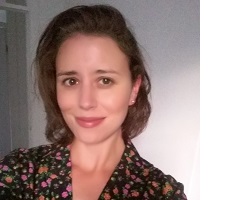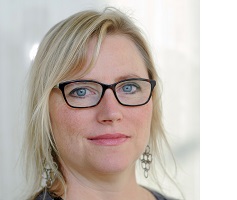Apr 22, 2020 | by The SEEP Network
Q&A Coming Soon
Markets play a critical role in how people survive, as well as being physical places where people meet to buy and sell goods. As COVID-19 disrupts the normal activities and relationships of communities, we can look to the Minimum Economic Recovery Standards for some guidance on what to do.
A working group of MERS collaborators has pulled together MERS guidance to help teams identify immediate next steps and potential future actions. While all of the Minimum Economic Recovery Standards remain relevant, some have taken on new meaning or need adaptation to the new context.
MERS champions and development and humanitarian practitioners discussed the recent MERS guidance and showed how the standards are even more interconnected now than ever envisioned.
 Karri Byrne, Senior Market Systems Advisor, MERS Focal Point Facilitator
Karri Byrne, Senior Market Systems Advisor, MERS Focal Point Facilitator
Karri Byrne brings over 25 years of programme management experience from both emergency and development contexts. She has worked extensively on market systems and livelihoods programming and more recently has begun helping teams apply adaptive management practices to their work. She supported the SEEP Network with the update of the Minimum Economic Recovery Standards (part of the Sphere Standards) and is keen to see more collaboration between the private sector and the humanitarian community.
 Sarah Ward, Senior Independent Consultant, MERS Focal Point Facilitator
Sarah Ward, Senior Independent Consultant, MERS Focal Point Facilitator
Sarah is a post-conflict/post-disaster market systems specialist with more than 18 years technical experience adapting market development approaches to some of the world’s most challenging contexts. She is currently a senior independent consultant supporting economic resilience. Sarah served as the lead facilitator for SEEP’s Refugees and Savings Groups Peer Learning Group and has been a core contributor to many market resilience initiatives at the SEEP Network, including the Minimum Economic Recovery Standards. Sarah was recently the Technical Advisor for Enterprise Development at the International Rescue Committee as well as the Director of Market Development for Mercy Corps. She has lived for many years in West Africa in Guinea, Sierra Leone, Liberia, and Benin and worked extensively in counties across Africa, Asia and the Middle East.
 Katie Whitehouse, Market & Social Innovation Consultant, MERS Focal Point Facilitator
Katie Whitehouse, Market & Social Innovation Consultant, MERS Focal Point Facilitator
Beginning in Accenture, Katie has over 10 years of work experience working across a broad range of industries on building more inclusive business models, products and sustainable operational practices into organisations. She is passionate about appropriate design and upgrading the way we work to build sustainability into business and aid initiatives. She works as the bridge between top-down strategic vision with bottom-up applicability to make ideas really work. She believes that innovation happens when we crash different ideas together and loves bringing groups together with different skills and perspectives to do just that. She was lead consultant on an award-winning feasibility study with Vodafone on developing opportunities for livelihood growth in developing countries through mobile technology. Her background in strategy alongside Environmental Engineering placed her working in the position of working on market-based solution for WASH with WSUP, Oxfam and the Global WASH Cluster. Katie is currently a freelance consultant providing technical advice, project delivery, organisational strategy and training support to the aid sector using market-based approaches. More recently she has worked with Mercy Corps and DRC on using these approaches in displacement contexts. She is trained in Making Markets Work for the Poor (M4P) and a specialist trainer for the SEEP Network in Minimum Economic Recovery Standards (MERS). She has delivered a number of publications and trainings on integrating market thinking into the sector, whilst working closely with the Markets in Crisis community.
 Sonya Salanti, Senior Program Manager, The SEEP Network
Sonya Salanti, Senior Program Manager, The SEEP Network
Sonya Salanti leads the SEEP Network’s Resilient Markets thematic area. Her work with SEEP focuses on design and implementation of global capacity building initiatives that support organizations to build resilience of crises-affected populations through market-based approaches. Sonya’s portfolio of programs includes the Minimum Economic Recovery Standards and the Markets-in-Crises Community of Practice, both of which serve as key resources for practitioners and organizations active in market-based programming.
Categories: Event Resilient Markets Webinar Resilient Markets Webinar Events WebinarsBlogs

1621 North Kent Street, Ste 900,
Arlington, VA, 22209
P 202.534.1400
F 703.276.1433
Website Photos: © mari matsuri
